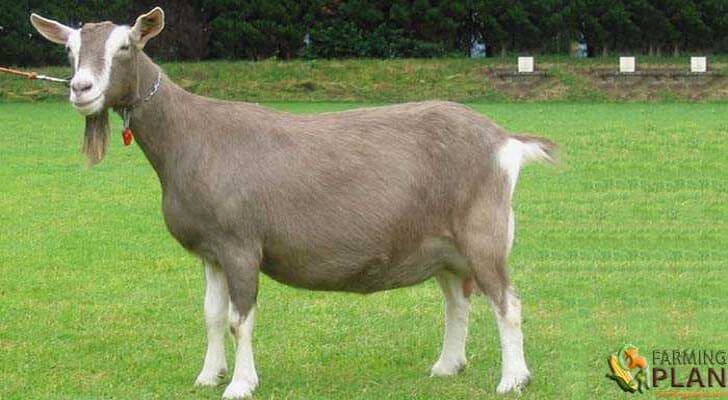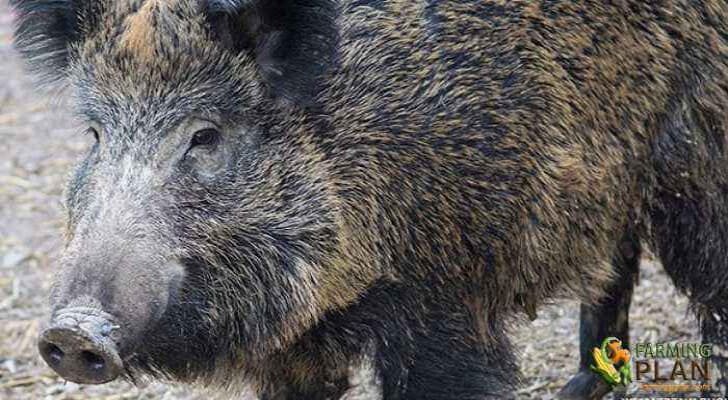Rabbit feed is the most important of rabbit farming. Rabbits under 90 days should have food and water available throughout the day. They will be provided when they need it. When the rabbit is an adult, the food must be rationed. It must be varied between fruits, vegetables and a small part of dry matter such as balanced food, cereals, hay, etc.
Rabbits are nocturnal animals, meaning they spend most of their time sleeping during the day. This means that it’s difficult to know if your rabbit is eating enough hay while you’re at work. Rabbit feeders can help solve this problem by providing a feeding station for your furry friend that will hold fresh hay and water.

Rabbits should have a daily diet of mostly hay, a smaller amount of fresh vegetables, and a limited number of pellets. Hay is the most important part of a rabbit’s daily intake. Unlimited, high-quality grass hay, such as Timothy orchard brome should make up the bulk of a rabbit’s diet!
Rabbit Feed
You should eat a number of grams a day, which will vary (according to size, and if it is castrated) from 150gr to 250gr. This amount includes all the food that one usually gives the rabbit. Rabbits possess a rather peculiar digestive system since it works by push and not like other animals that work by contraction.
This means that while the animal is eating, it pushes the rest of the food and digests the food. That’s why rabbits eat throughout the day and in small amounts of food. There are many types of food that the rabbit can ingest, be it varied fruits and vegetables, forages, cereals, and the indispensable balanced feed.
So that a rabbit can eat everything. It must be accustomed previously since it is not advisable to give too much food that is not used because you can cause diarrhea, and if the animal is young can die for it.
Rabbit Food
You can give him a varied diet, which consists of fruits, bananas love and has a good source of potassium. You can also eat apples, oranges, mandarins, peel with melon and watermelon pulp, pears, kiwis, mangoes, pineapple in the shell, strawberries fascinate you, and all seasonal fruits you find on the market.
Regarding vegetables is not as varied as that of fruits, as there are some that do not like or even can do bad to your health. For example chard, there are rabbits that eat it well, but generally, do not like it. They are very fond of the leaves of the fennel, but their white claws devour them. Radicheta, beet leaves, chicory, various lettuce (not too much, tends to break them down a bit), spinach.
The carrot is usually a myth, since, in general, they do not like Bugs Bunny and chew it a little and leave it, although if you offer the carrot peels, you eat them very well, as well as the shells of Potato, sweet potatoes, zucchini, zucchinis, etc.
You can give him a cereal supplement, in a bowl other than the balanced food. Mixing oats in grain, finely broken corn, sorghum, wheat. Although the rabbits eat the cereals well, it can happen that when the rabbit is all mixed, it spreads out and runs out of cereals, because they are very selective and look for the grains they like best, and those who do not like them so much, they waste them. So it is advisable to put in your trough only a variety and that way eats what there is.
Balanced Food or Feed
Balanced foods, apart from their good consistency and ease of handling, contain all the nutritional requirements, as they are supplemented with vitamin supplements, minerals and medicated additives, etc. All foods contain in different proportions certain principles like water, carbohydrates, proteins, oils, minerals and vitamins.
Carbohydrates are the main source of energy and heat of the animal body and accumulate in the same as fats. Proteins are the substances from which muscles and hair are formed and replenished. Also, it is made from elements called amino acids, so they are so essential.
Oils or fats differ from carbohydrates since the proportion of carbon is much higher in oils. The energy value is higher than that found in carbohydrates. Minerals are essential for the health of the rabbit, necessary for the repair and production of tissues, bones, teeth, etc. Among the essential minerals are calcium, copper, phosphorus, magnesium, sodium, potassium, iron, sulfur, iodine, cobalt and zinc.
Other Complements
Meadow grass, alfalfa, and other forages are very important for the health of the animal. It is good that they eat not only balanced food but raw fiber. If you release the rabbit in the park will be very happy, and start to run and jump everywhere. It is that, not only do you feel free, but you also find that you can eat the grass. You have to be very careful with the excrement of dogs or cats. Do not eat contaminated grass, since you can catch terrible coccidiosis. If the rabbit is small, it can even die if you do not catch it in time.
Supercharging
Sometimes rabbits tend to be obese because, in many cases, they live in departments, or even. When working their owners all day, they leave only at night for a little while. The rabbit is enough to eat. They tend to be overweight, and it is not very convenient either. When summer arrives it will suffer much more, and a heat stroke could end with him.
So it is convenient in the case of an obese rabbit, change the type of food. To do this, we should look for a food with 15% protein, which for them would be slightly more light than food with 17 or 18% protein, which should be supplemented with raw fiber, such as radishes type vegetables, Lettuce, fennel, etc. And more fruits, not very sweet, avoid at that time bananas, and fruits of the tropical type with high sugar contents.
FAQ
What is the best feed for rabbits?
The best feed for rabbits is a high-fiber, low-calorie diet of fresh hay, vegetables, and pellets. Hay should make up the majority of your rabbit’s diet, as it provides essential fiber and helps keep their digestive systems healthy. Fresh vegetables such as carrots, broccoli, and dark leafy greens are also important for providing essential vitamins and minerals. Pellets are a good source of protein and can be fed in small amounts to supplement the hay and vegetables. Avoid giving your rabbit treats like sugary fruits or processed snacks; these can cause health issues and disrupt their natural diet. With a balanced diet of hay, vegetables, and pellets, your rabbit will stay healthy and happy!
How much should a rabbit eat a day?
The amount of food a rabbit should eat in a day depends on the age, size, and breed of the rabbit. Generally, an adult rabbit should have 1/4 cup of pellets per 5 pounds of body weight per day. In addition to pellets, rabbits should also have access to hay at all times. The hay should be high quality grass hay such as timothy or orchard hay. Fresh vegetables can also be offered in moderation – about 1 cup per 5 pounds of body weight. Finally, fresh water should always be available for your rabbit.
Can rabbits eat rice?
Yes, rabbits can eat rice. Rice is a healthy and nutritious food for rabbits as long as it is served in moderation. It should not be a staple in their diet, but rather an occasional treat. Rice should always be cooked before feeding it to your rabbit, as raw rice can cause digestive issues. Additionally, the type of rice you give your rabbit should be plain white or brown rice without any added flavors or seasonings. Avoid giving them flavored instant rice, wild rice, or risotto. Lastly, make sure to give your rabbit only a small amount of cooked rice at a time – too much can lead to digestive problems like diarrhea and bloating.
Conclusion
If you’re looking for a rabbit-savvy vet, we can help. We’re experts in home and veterinary care of rabbits and other small animals. Our team is available to answer any questions about the health or behavior of your pet bunny. Whether you need routine checkups, emergency treatment, dental work or were just curious about our services, give us a call today!
As A Reference: Rabbit Feed


